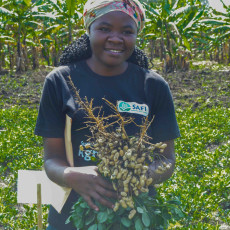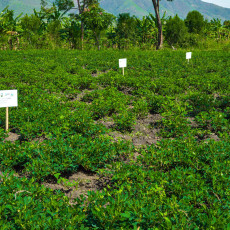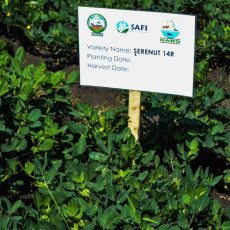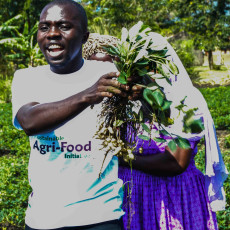Homebanks (Silos) Project
For many smallholder farmers in Uganda’s Kasese district, maize is a staple crop and a major source of income. The immediate post-harvest sale of their produce poses a notable challenge for these farmers, especially those who receive support from organizations like SAFI. This practice arises mainly from inadequate on-farm storage facilities, forcing farmers to sell their maize when market prices are at their lowest due to oversupply. This behavior significantly reduces their potential income and perpetuates a cycle of poverty.
The issue is made worse by the common occurrence of aflatoxin contamination, a harmful toxin that develops in grain because of bad storage conditions, which can cause serious health risks and make the food unsafe to eat or sell. The Homebanks (Silos) Project seeks to tackle intricate challenges by providing farmers with critical tools and knowledge to bolster harvest security and enhance their livelihoods.
Project Objectives
The main aim of the Homebanks (Silos) Project is to enhance food security, income, and health outcomes for smallholder maize farmers in the Kasese district by improving post-harvest grain storage practices.
Additionally, the project aims to reduce post-harvest losses and aflatoxin contamination in maize grain by providing and promoting improved storage technologies.
This allows farmers to store maize securely for extended periods, enabling them to sell their produce at more favorable market prices.
The project aims to enhance the capabilities of farmer groups in managing post-harvest processes, ensuring quality control, and engaging in collective marketing initiatives.
Expected Outcomes
The Homebanks (Silos) Project is expected to yield significant advantages for the beneficiary farmers. Farmers will experience a notable reduction in post-harvest losses, resulting in the retention of a larger share of their yield. The anticipated reduction in aflatoxin contamination is likely to lead to better family health and increased food safety. The capacity to store maize enables farmers to exercise increased control over their sales, allowing them to wait for favorable market prices and thereby significantly enhance their income. The enhanced economic resilience will facilitate farmers’ investments in their farms, education, and overall well-being, thereby fostering sustainable development within the Kasese community.





